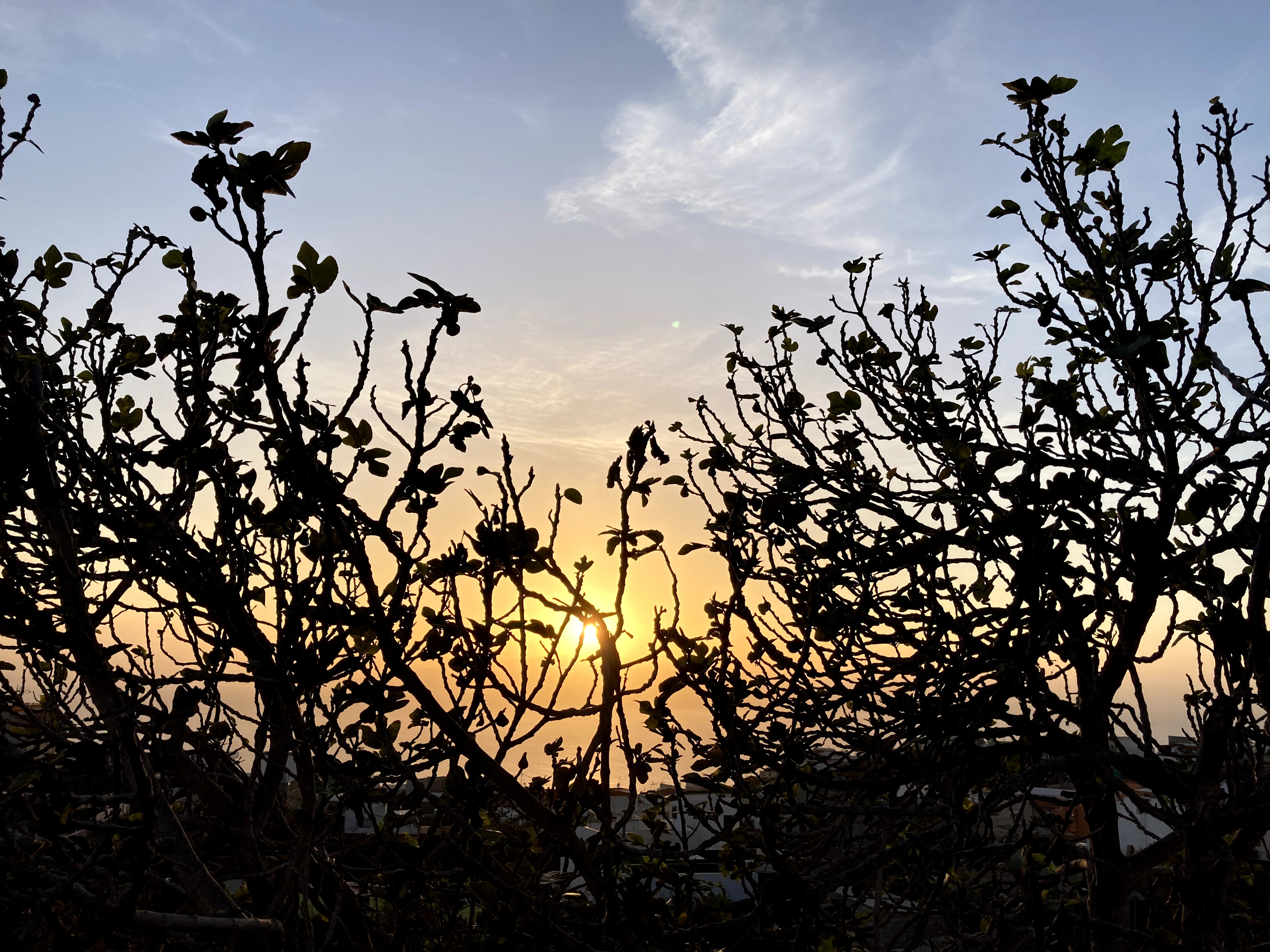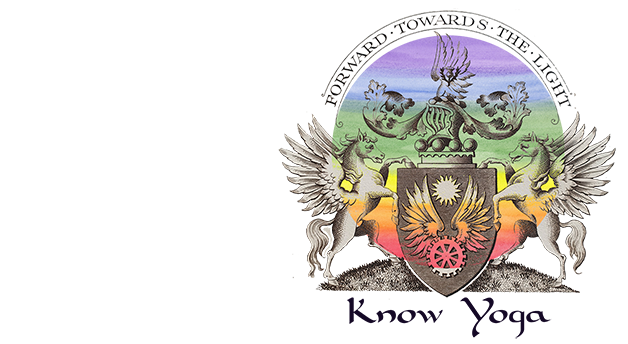
Well, here we are again. I’m organising two retreats, one in West Cork, and one in North-West Mayo. The poster for the Mayo one is below. The poster for the West Cork one is in the making (it will be the following Saturday, 20th November). I’m also creating content for a course that I’ll offer through http://www.insighttimer.com: https://insig.ht/rnJhSyQeakb?utm_source=copy_link&utm_medium=live_stream_share (I’m teaching there this evening and tomorrow, if you’re interested! https://insig.ht/fZDASQBeakb?utm_source=copy_link&utm_medium=live_stream_share) with the help of my daughter. Thanks, Ella. You’re amazing.
I wrote something for Medium this morning (another attempt to add to the many strings which I hope will provide enough resonance to provide a living) and hoped it would link to here. It doesn’t. Some of you might be interested enough to read it so I’ll paste it here. I also wanted to add that I’m doing my best to sort this site out, but that I can’t find out how to change the dollar signs to euro. The courses are 45 euro for four hours of yoga, meditation, relaxation, immersion into natural connection, and creativity, including lunch, and the online course is 99 euro for 28 live sessions with me on Zoom. You can also book an hour with me on Zoom to talk about your understanding of my philosophy, and for tips on practices that might help you with your personal exploration and obstacles. Talking of obstacles, here’s the apple story:
We all have relationships with colleagues, family members, or others who are close to us, that don’t work. Sometimes we know that this person is toxic. A bad apple. Their presence can cause us to close down and be unable to function effectively. Or we can find ourselves triggered into rage. We may find that we mirror their actions, and that can be particularly frustrating, giving us a sense of not being separate from the individual, and increasingly disempowered. What can we do?
We can change the story. “No matter what the stories are — no matter — what other people have done, no matter what you’ve done — there’s a way of looking at them that can put the mind at rest.” So says Thanissaro Bhikkhu in “The Story-telling Mind”. How, exactly, do we change the story we tell ourselves about what is going on? In the end, in Buddhist meditation teachings, and in much of what Zen and Yoga advocate, we can learn to let go of the stories altogether, and come to a point at which we are in the whole swirling flow but none of it affects our sense of belonging to the groundless ground of being. However, until this happens, or until it happens all the time, we are going to have to deal with, or bring to our own awareness, the kind of stories we tell ourselves. This is the story, then, of the bad apple, and how we can look at things differently.
Firstly, we can use a key verse from Patanjali’s Yoga Sutras. This verse is so powerful that I would highly recommend you learn it as a meditation tool regardless of your own tradition or beliefs. It’s nothing short of a classic. Here it is, as a teaser, in Sanskrit (unless you read Sanskrit, in which case the game is up!):
मैत्रीकरुणामुदितोपेक्षणां सुखदुःखपुण्यापुण्यविषयाणां भावनातश्चित्तप्रसादनम्॥३३॥
This sutra is my first recommendation. The second is to recall and practice the Daoist contention of how we respond in battle, since this is a key practice in dealing with things that are out of control, and without benefit, or actively harmful. The third source I’ve called on here is an adaptation of an approach advocated by Dr Gabor Maté, the wonderful psychiatrist who has worked extensively with people with addiction issues and which we all know can cause behaviour that is deeply damaging and destructive, the epitome of ‘bad apple’ acts. The beauty of using Dr Maté’s approach is that we inherently recognise that the underlying cause of malicious action is rooted in trauma. Even though the impact is harmful, we can separate the wheat of the person who, however destructively, longs for the same sense of belonging, love, connection and other human and more-than-human needs that we all seek for, from the chaff of their destructive, harmful or even evil actions.
Changing the story about your relationship with the bad apple requires four skills: 1. Understand that your attitude matters, regardless of who you are engaging with. 2. Understand that everyone, including the ‘bad apple’ is acting out of good intentions. We all want to be loved, to be valued, to have security, and a sense of connection. These and many others are basic common needs. 3. Be curious about what you cannot see. Be particularly curious about how your actions affect others, even if you cannot see the results of your words or deeds. And remember, not acting, or being absent, is also action and 4. Exercise patience. When you want to change things, it takes time.
Firstly, then, dealing with a bad apple requires recognising that the kind of choice we have in the situation lies in our attitude. The Sutra 1.33 again:
maitrī karuṇā mudito-pekṣāṇāṁ-sukha-duḥkha puṇya-apuṇya-viṣayāṇāṁ bhāvanātaḥ citta-prasādanam
In English, roughly translated, this means:
Elicit an attitude of friendship towards those who are at ease and happy; elicit an attitude of compassion towards those who are suffering; develop a sense of joy in the presence and knowledge of those who are consciously doing good, and develop a sense of equanimity towards those who are deliberately causing harm. In this way, you will find that your mind stays clear and lucid. It is the fourth, Upekshanam, that I particularly recommend in the case of bad apples. We need to create a space so they can deal with their issues without our reactivity fuelling the vicious action.
This resonates with the second, the Daoist injunction is to allow the energy that fuels the opponent (the bad apple) to burn out. Thus, self defense is permissible and indeed, recommended, but evading, or creating a space from the seeker of conflict, physical or psychological means there is nothing for them to infect. Eventually, with skill, they will dry up at the lack of conflict, and so you will maintain your calm, and find that the battle is over. I will come back to this when talking about adapting Dr Maté’s approach.
Going back to stories and the analogy of the bad apple, we know that the story of the bad apple came from storing apples in a barrel. We store apples to keep them through the winter, and the way we store them means they’re sometimes touching. If they touch, they can create bruises. Sometimes a gas released by riper apples, ethylene, causes apples to ripen more quickly, becoming more susceptible to drying out, or to a mould that eats them out, and makes them less palatable to us.
We can change the story and imagine that the bad apple is actually an over-ripe apple that needs to be jettisoned, separated from the rest, because it is already ready to be absorbed, so its seeds can grow in good earth. The mould that grows and infects the rest is just a fungus. It is not right or wrong, good or bad, in itself. It is just in the wrong place for what the rest of the apples are needed for: sustenance. Nourishment. To fuel the household. Beyond the household, or relationship circle we are in, the bad apple may actually do some good.
Thirdly and finally, we can see how this accords with the approach of Dr Maté. We can adapt his injunction to love, but only to live with those who we can be with in a state of peace. If we find ourselves in an abusive relationship with someone, we must very firmly and politely close the door on that relationship, at least for now. We have two reasonable and one unreasonable way of treating a relationship that causes harm, or chaos, as is so often the case with the bad apple, or, in Dr Maté’s context, with those with addiction issues. We can embrace the other, reiterating our love for them, and keeping them in our lives, because we know we have the resources and space to accommodate them. Or we can express our love for them, but let them know that we cannot have them in our lives right now. This is difficult but sometimes necessary. The first is like giving space to the bad apple, in a pot in our home. The second is like taking it outside and seeing if it will grow in the open, beyond our door. The thing that we cannot do, because it is unreasonable, is to bring the bad apple into our lives, and say that we will change them, that we love them and we are going to make them ‘good’. This is unreasonable because it is beyond our scope. Our work is not to change another. We have neither the means, nor is it an appropriate aim. Our work is to change ourselves, to change our own story, and thus to change how we relate from here, now. If we can understand this, we will find a marvellous interdependent arising of interconnections, and our own calm as a balm and a balsam.

Like the last sentence, Lucy.
LikeLike
Like the last sentence especially, Lucy.
LikeLike